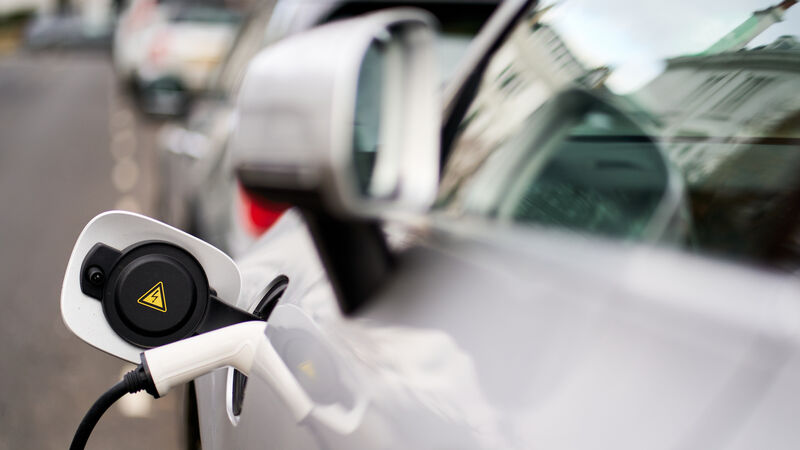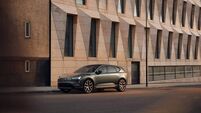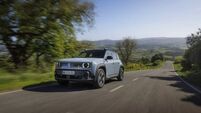Volvo cuts sales forecasts citing EU tariffs on Chinese electric cars

Volvo is majority-owned by China's Geely and faces a 19.9% tariff on its Chinese-made fully-electric EX30. The tariffs come following claims by the EU that Chinese electric cars benefit from unfair subsidies.
Swedish carmaker Volvo has cut its full-year sales forecast, blaming EU tariffs on electric cars made in China, which it said would hit one of its key electric models until it shifts production to Belgium.
While Volvo posted better-than-expected car sales for the period April to June, it lowered its forecast for sales growth this year to 12%-15% from 15%. Shares in the company increased 6% in the morning trade.














